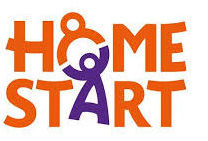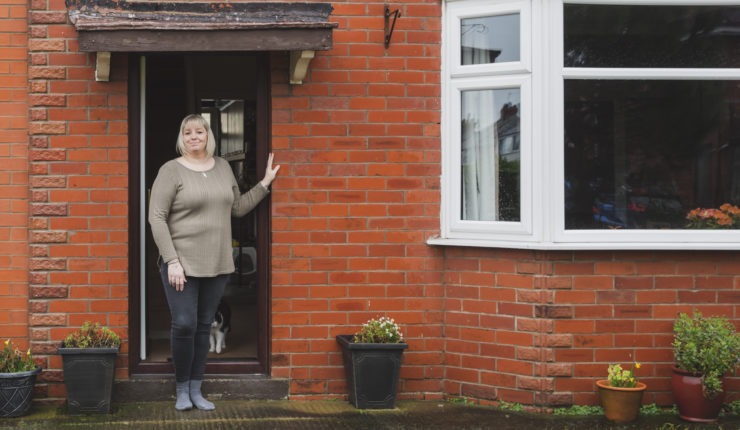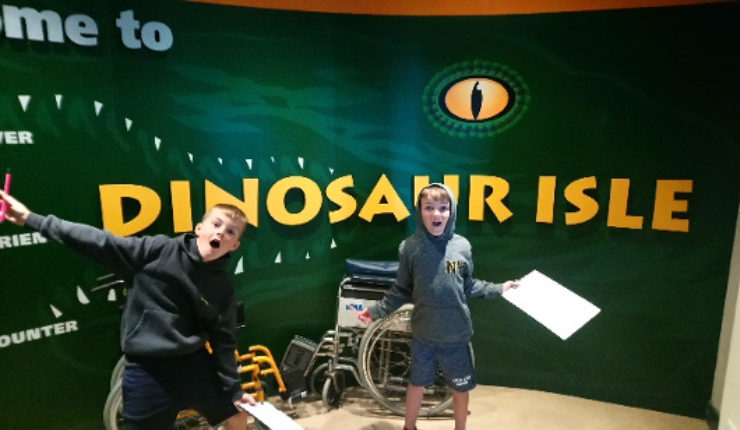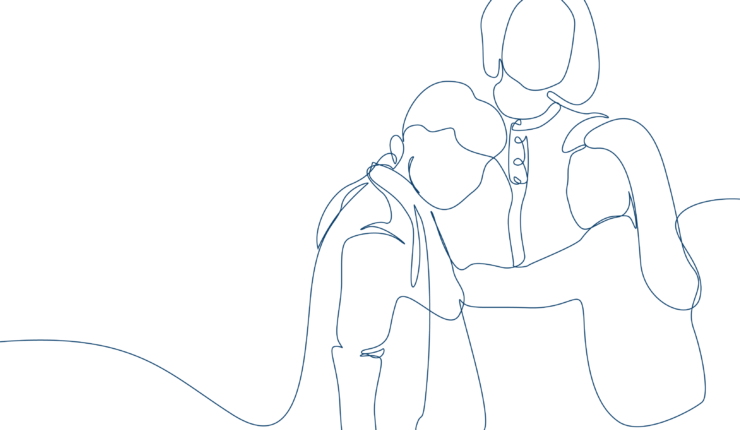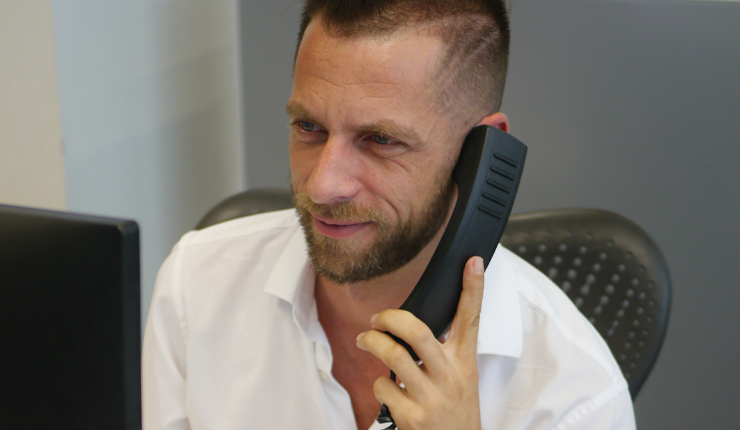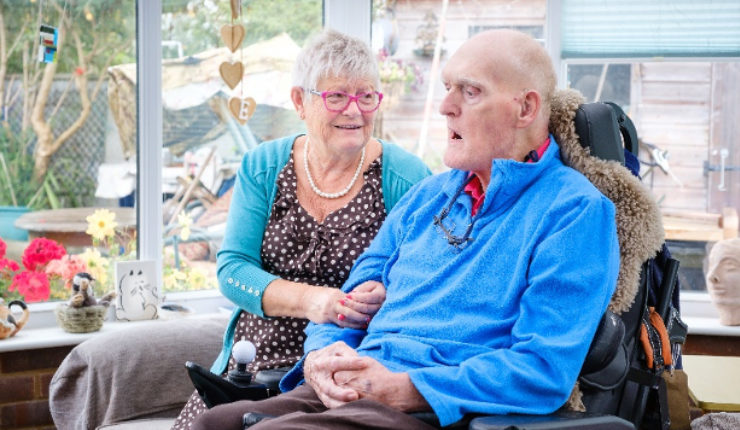Issue 7: Autumn/Winter 2019
Don’t man up, open up
Man up, it’ll be fine!’ is a phrase that most of us will have heard many times.
Although often motivated by good intentions, being told to ‘man up’ can blur our understanding of what it means to be a man.
Traditionally, society has perceived masculinity as being strong, stoic, dominant and in control. Although these are not negative characteristics, research shows these traditional expectations can have a negative impact on mental health, and prevent men from opening up and asking for help.
In reality, being a man means being human, and being human means that at some point in your life, you may need the support of others.
Whether it’s emotionally, physically or practically, the MCF is ready and waiting to support anyone who is facing hardship – and we definitely won’t tell you to ‘man up’.
Meet Sean, Martin and Alan; three men whose decision to open up led to life-changing support. Now, they’re giving advice to their past selves, and to others who may be apprehensive about asking for help.
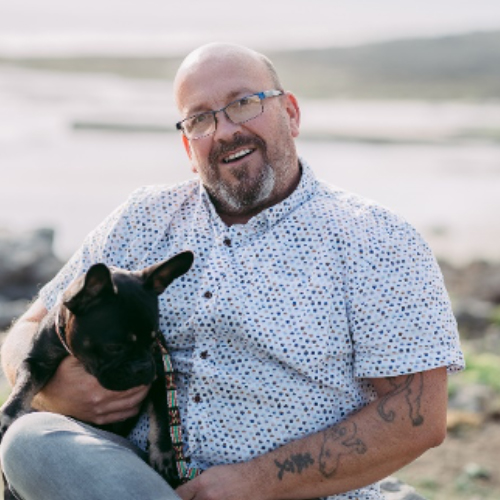
Martin
51 years old
Full-time carer and voluntary dog rescue worker
South Wales Freemason
I’ve been with my partner, Gavin, for 18 years. Ten years ago, he started to become mentally unwell and that’s when I became his full-time carer. Gavin has agoraphobia, severe depression and anxiety, and also suffers with snapping hip syndrome. He takes a lot of medication and I have to take him everywhere and be his constant support. Both our lives fall on my shoulders.
“I’ve been going through treatment for colon cancer, and this combined with the stress of everything else means I haven’t been able to work. Recently, everything started to get too much. I did the best I could to get by but it became impossible. I couldn’t afford to cover my rent or bills so I was served notice of eviction – I didn’t know what to do. I was desperate, upset and incredibly low.
“I knew about the MCF but had never considered asking for help myself. I was embarrassed as I thought their support was for more important situations than my own.”
“If I’m honest, I don’t think anyone really wants to ask for help, unless they’re desperate. It got to a point where I had to do something as I would have nowhere to live, so I gave the MCF a call.
“An MCF Visiting Volunteer met me to take me through the application process. Together, we filled in the forms and sent them off; it was so simple and there was no judgement whatsoever.
“The MCF said that they’d make an emergency payment to clear my arrears so I could keep my home, and they also supported me with a daily living expense grant to help me back onto my feet.
“The support gave me breathing room to focus on my own health as well as Gavin’s; I started sleeping a little better and it meant I stopped worrying about being homeless – something I really didn’t need adding to my stress.”
“I’m just so pleased I gave them a call – I realised that it doesn’t matter what your situation is, if they can help you and you’re eligible, they will.”
My advice to my past self
I know you… feel there is no way out of your current situation.
It’s okay to… talk and open up, and tell people about your circumstances. If you discuss it rather than keep it to yourself, your situation could get better.
Contacting the MCF is… not scary and they will help you resolve your situation.
Don’t worry about… sharing your feelings and concerns. Your friends, family and the MCF are not there to judge.
The support received will… improve your mental health and help you to get back to the person you want to be.
You will feel… so much better in yourself.
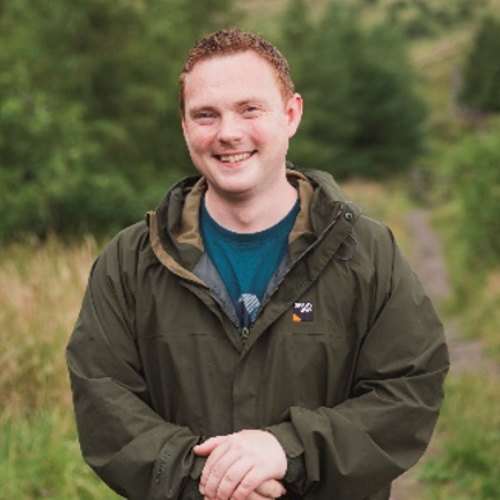
Sean
33 years old
High school learning mentor
West Lancashire Freemason
Before my injury I was really into fitness and adventure. You’d usually find me up a mountain somewhere, hiking, rock climbing or mountaineering.
“One day, when I was out climbing, I lost my footing and slipped. I grabbed the rock face with my left arm which took the full weight and speed of my body falling. I completely tore my shoulder – it was agonising.
“I spent the next year and a half with a damaged shoulder until one night, when I was putting a jacket on, whatever was holding my shoulder intact just went, and my shoulder fell out of place.
“After that I was in constant pain. I struggled to dress myself or get out of the house, so I couldn’t work. I went to hospital and they told me the waiting time for an operation to repair the damage would be nine months.
“It was awful, but the emotional implications were the worst. The fact that, quite possibly, I would never be able to do the things I loved again was hard to deal with.”
“My father-in-law is also a Freemason, so he suggested I should apply for support as I had nothing to lose. I was really hesitant at first as I didn’t know whether my injury was serious enough to get help – I was just totally scared of rejection.
“I sent an email and within a month of getting in touch, I was in hospital having my operation. It felt like a massive weight had been lifted and my mental health slowly started to improve.”
“I honestly don’t know what I would have done without the MCF’s support; it was my last chance at being able to move my arms and get back to the life I had before. I’ve even started hiking again and recently climbed Snowdonia!”
My advice to my past self
I know you’re… feeling worried and down at the moment.
Don’t worry about… anything – the MCF is there to help you. They’re all really friendly and will give you the best advice.
It’s okay to… ask for help if you’re in a dark place and need support. That’s what they’re there for.
Contacting the MCF is… the best decision you could possibly make.
The support received will… change your life, and your wife and daughter’s.
You will feel… unbelievably relieved and like you should have contacted them sooner!
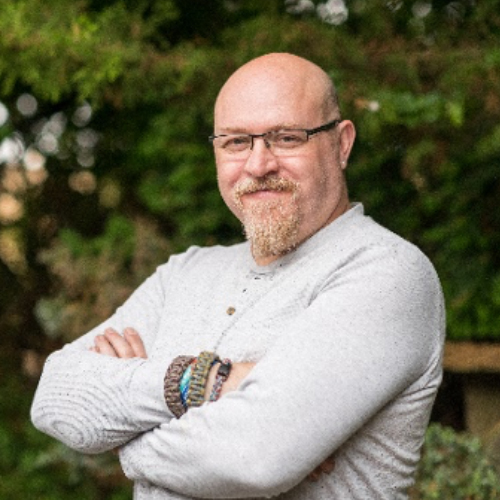
Alan
50 years old
Veteran
Norfolk Freemason
Policing in the RAF was pretty much exactly the same as any other police force. I would do foot patrols and community policing; road traffic and crossing control for primary school children on the base; I was investigating crimes and arresting people – everything!
“When I was in the Middle East, there was an incident involving an aircraft which I had to investigate, and it was from this that I developed Post Traumatic Stress Disorder (PTSD).
The effects of trauma don’t always show straight away – sometimes it takes a while for something to be the straw that breaks the camel’s back, which is what happened to me a few months later. That breaking point turned into hospital visits, sedation, lots of time off work and the RAF mental health team intervening. I carried on for another three years until my health, both physically and mentally, got to a point where I was medically discharged.
“The day after I was discharged, I got a phone call from the RAF medical team. It wasn’t an order as I wasn’t in the military anymore, but it was a ‘go to the doctor, now’ conversation – so that’s what I did. I went to my GP, but the support I needed wasn’t available on the NHS. My GP suggested a veteran’s charity, so I spent some time with them. Once again, I didn’t fit into their treatment programme because of the complex trauma, so they also discharged me.
“My family was struggling financially, I wasn’t attending Lodge meetings, and I was ignoring phone calls and emails. I don’t think anybody really likes to go cap-in-hand asking for anything, but when you get as low as I did, you have to do something. I reached out to my almoner and he put me in touch with the MCF.”
“Thanks to the MCF, I’ve now been having the treatment I need with an incredible therapist who specialises in eye movement desensitisation and reprocessing therapy (EMDR). The EMDR is helping with the traumatic images; it’s not a quick process as there are so many, but I really do feel now that we are starting to make progress and I’m finding daily life much easier.
“I can honestly say the treatment that I should have got years ago, is working. I don’t know how, but it is.”
My advice to my past self
I know you’re… struggling, but you will get through it.
Focus on… yourself instead of your other worries, like money – it’s just a tool, it’s not something that should control your life.
It’s okay to… cry.
Contacting the MCF is… easy!
The support received will… be nothing but positive.
You will feel… like a completely different person.
#StoriesThatMakeUs
Watch Alan tell his story, and help us keep the conversation going by sharing it on social media with #StoriesThatMakeUs.
